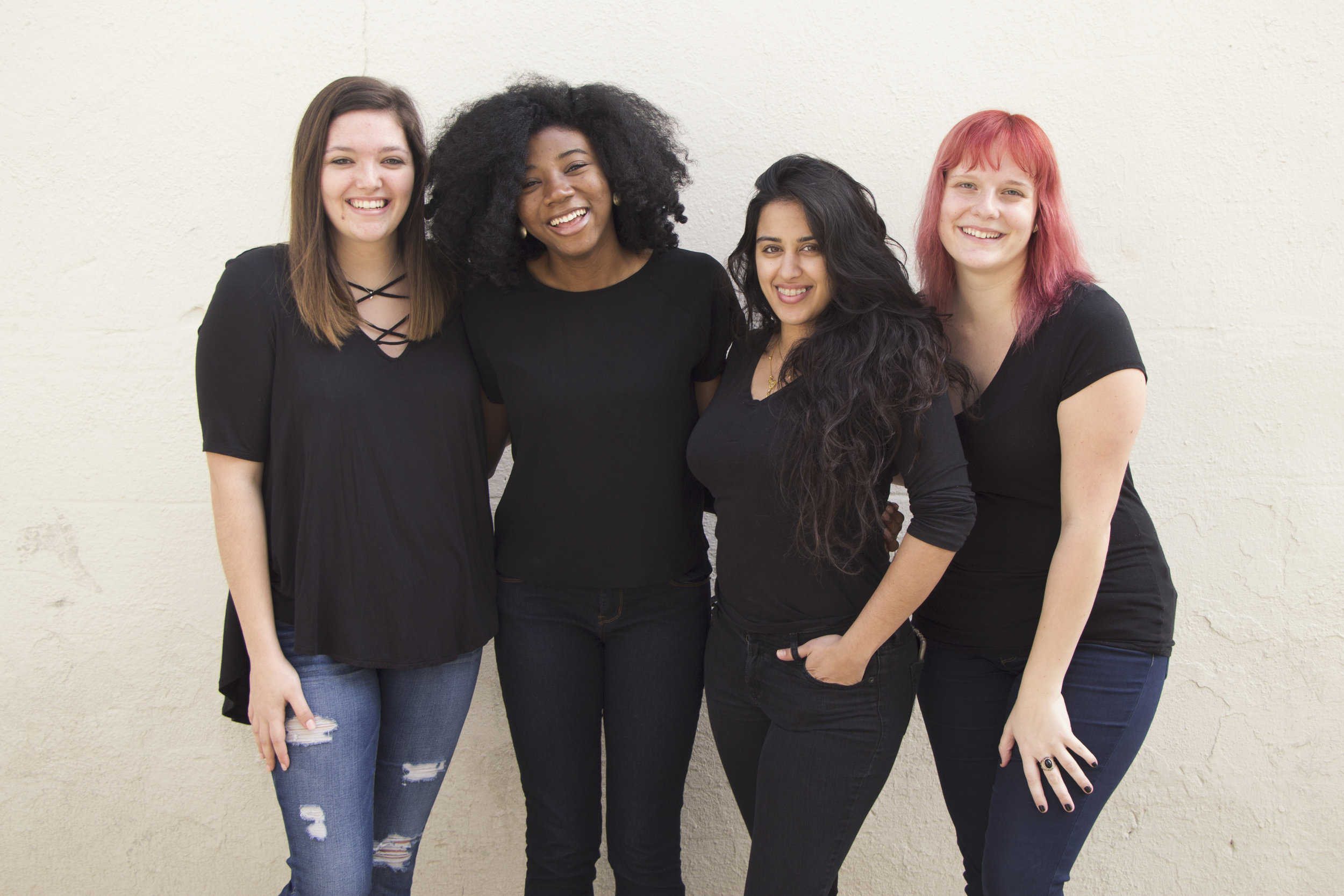Feed Your Body. Feed Your Soul.

Talking openly about one’s insecurities and self-worth is difficult. It can open us up for judgment and make us feel vulnerable.
When left unspoken, body image issues can become poisonous, affecting your mental and physical health. It’s time to create an open dialogue about eating disorders and what they do to one’s overall health.
The Facts Behind the Disorders
Did you know that eating disorders are categorized as mental illnesses? That’s why the process of reversing any disorder is a mental and emotional challenge. And it’s nearly impossible to do alone. Treatment of eating disorders often requires a multi-disciplinary team (physicians, counselors, dietitians, physical trainers, etc.) to ensure all areas of health are addressed.
Per recent research, eating disorders may even be genetically passed down. And in some cases, people may struggle to verbalize the issues for fear of rejection, so the disorder grows worse. Food restriction, binge-eating, or purging after eating can all lead to serious health problems — including death. Men and women alike suffer from eating disorders, making this an epidemic that can affect anyone.
Here are some other facts provided by the Academy for Eating Disorders:
“Between 0.3 percent and 1 percent of young women have anorexia nervosa (which makes anorexia as common as autism).
Roughly 1 percent to 3 percent of young women have bulimia nervosa.
Approximately 3 percent of the population has binge-eating disorder.
Between 4 percent and 20 percent of young women practice unhealthy patterns of dieting, purging, and binge-eating.
Currently, about one in 20 young women in the community has an eating disorder.”
You Are NOT Alone
If you feel that you are suffering from an eating disorder, please know that you are not alone as over 24 million people in the United States struggle with an eating disorder or disordered eating. Over 24 million people in the U.S. struggle with an eating disorder.
If you struggle with an eating disorder, it may be hard to open up about your struggles to others. You may feel hidden or disconnected from those around you. But we’re social creatures. Obviously telling the world about your issue won’t make it go away, but letting people know may help you gather support you need in the battle against the disorder.
So find people that you can trust. Whether they’ve gone through it or not, having people you can count on for support will change you for the better.
Your Disorder Doesn’t Just Affect You
My closest friend dealt with bulimia nervosa for several years. I got to know her during her recovery, and I have been able to talk to her about it.
She would get so hungry that she would be constantly rude to her friends, and she would envy girls around her who seemed to be thinner. Over time, it consumed her thoughts, making it difficult for her to be happy when around friends. Now that she has recovered, she has become my most joyful friend.
You Can Be A Survivor
It may seem impossible to overcome your eating disorder, but there is hope! The earlier you catch it, the easier it may be to stop, but that doesn’t mean it’s ever too late. You can change now, but it will be a daily fight to get your health back, so don’t lose faith. Surround yourself with supportive people who can push you on your bad days, and find professional help to ensure your road to recovery is successful.
Contact Auburn’s Student Counseling and Psychological Services at 334-844-5123, or Health Promotion and Wellness Services at 334-844-1528. If you’re unsure about your relationship with food, here’s a link to a helpful quiz from the Renfrew Center.
And if you're in need of support, please check out these links for help.
Be well, Auburn.
Photography: Lydia P.
Born and raised in the 256, Lydia is majoring in interior design and minoring in sustainability. Growing up with an eye for design, she pursued photography as a child and later fell in love with the simplistic beauty of modern architecture.
A lover of tattoos and all things black, Lydia believes that artistic self-expression is what makes each person unique. When she isn't hard at work on studio projects or working here in the marketing department, you can find her taking photos and cuddling with her dog. She wants to move to New York City to continue her career in design, so she can open her own architecture firm with her brother.







